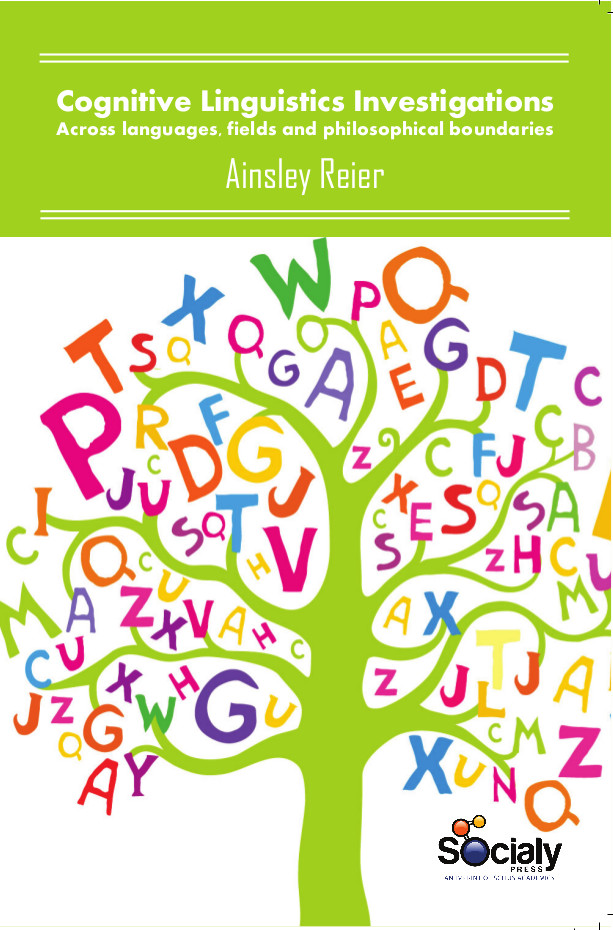Language offers a window into cognitive function, providing insights into the nature, structure and organization of thoughts and ideas. The most important way in which cognitive linguistics differs from other approaches to the study of language, then, is that language is assumed to reflect certain fundamental properties and design features of the human mind. Cognitive Linguistics is a new approach to the study of language which views linguistic knowledge as part of general cognition and thinking; linguistic behavior is not separated from other general cognitive abilities which allow mental processes of reasoning, memory, attention or learning, but understood as an integral part of it. Cognitive linguistics, originated in the late 1970s and early 1980s, focuses on language as an instrument for organizing, processing, and conveying information.
This compilation sketches the theoretical position of cognitive linguistics together with a number of practical features of the way in which research in cognitive linguistics is organized. In almost all the situations in which we find ourselves, language allows quick and effective expression, and provides a well-developed means of encoding and transmitting complex and subtle ideas. In fact, these notions of encoding and transmitting turn out to be important, as they relate to two key functions associated with language, the symbolic function and the interactive function.
Cognitive Linguistics Investigations: Across languages, fields and philosophical boundaries presents the research across a variety of languages and language groups, to show how particular elements of linguistic description draw on otherwise separate phases of linguistic investigation. As such, this monograph captures a diversity of research interest from the field of cognitive linguistics. The book deals with different conceptual phenomena that are recognized by cognitive linguistics as key concepts: prototypicality, metaphor, metonymy, embodiment, perspectivization, mental spaces, and the like.








